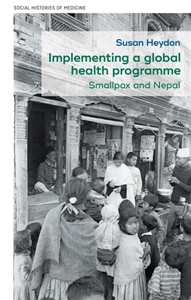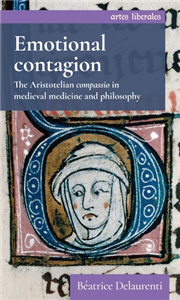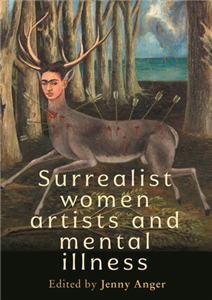Warum wir vor den Tech-Milliardären noch nicht einmal auf dem Mars sicher sind | Eine scharfsinnige Analyse
Spätestens seit der Allianz von Donald Trump und Elon Musk ist klar: Die Tech-Milliardäre sind nicht nur die reichsten Männer der Welt, es geht ihnen auch um politische Macht und um die radikale Umgestaltung von Gesellschaft und Natur.
Als Douglas Rushkoff eine Einladung in ein exklusives Wüstenresort erhält, nimmt er an, dass er dort über Zukunftstechnologien sprechen soll. Stattdessen sieht er sich Milliardären gegenüber, die ihn zu Luxusbunkern und Marskolonien befragen. Während die Welt mit der Klimakatastrophe und sozialen Krisen ringt, zerbrechen sich diese Männer den Kopf, wie sie im Fall eines Systemkollapses ihre Privatarmeen in Schach halten können.
Der Medientheoretiker Rushkoff verfolgt die Internetrevolution seit Jahrzehnten, ist Erfinder der Begriffe »viral gehen« und »Digital Natives«, bewegte sich lange im Kreis von Vordenkern und kreativen Zerstörern. In einer Zeit, in der Elon Musk und Peter Thiel sich immer stärker in die Politik einmischen, rekonstruiert er, wie aus der Aufbruchsstimmung der 1990er ein Programm aus Angst und Größenwahn werden konnte. Viele Tech-Unternehmer wollen uns Normalsterbliche einfach nur hinter sich lassen, werden aber als Visionäre gefeiert. Angesichts der Zerrüttungen, die ihre Geschäftsmodelle produzieren, müssen wir uns von ihrem Mindset befreien – denn mitnehmen werden sie uns auf ihrem Exodus sicher nicht.
Ein flammendes Plädoyer gegen Egomanie und für die Wiederentdeckung kooperativen Handelns































